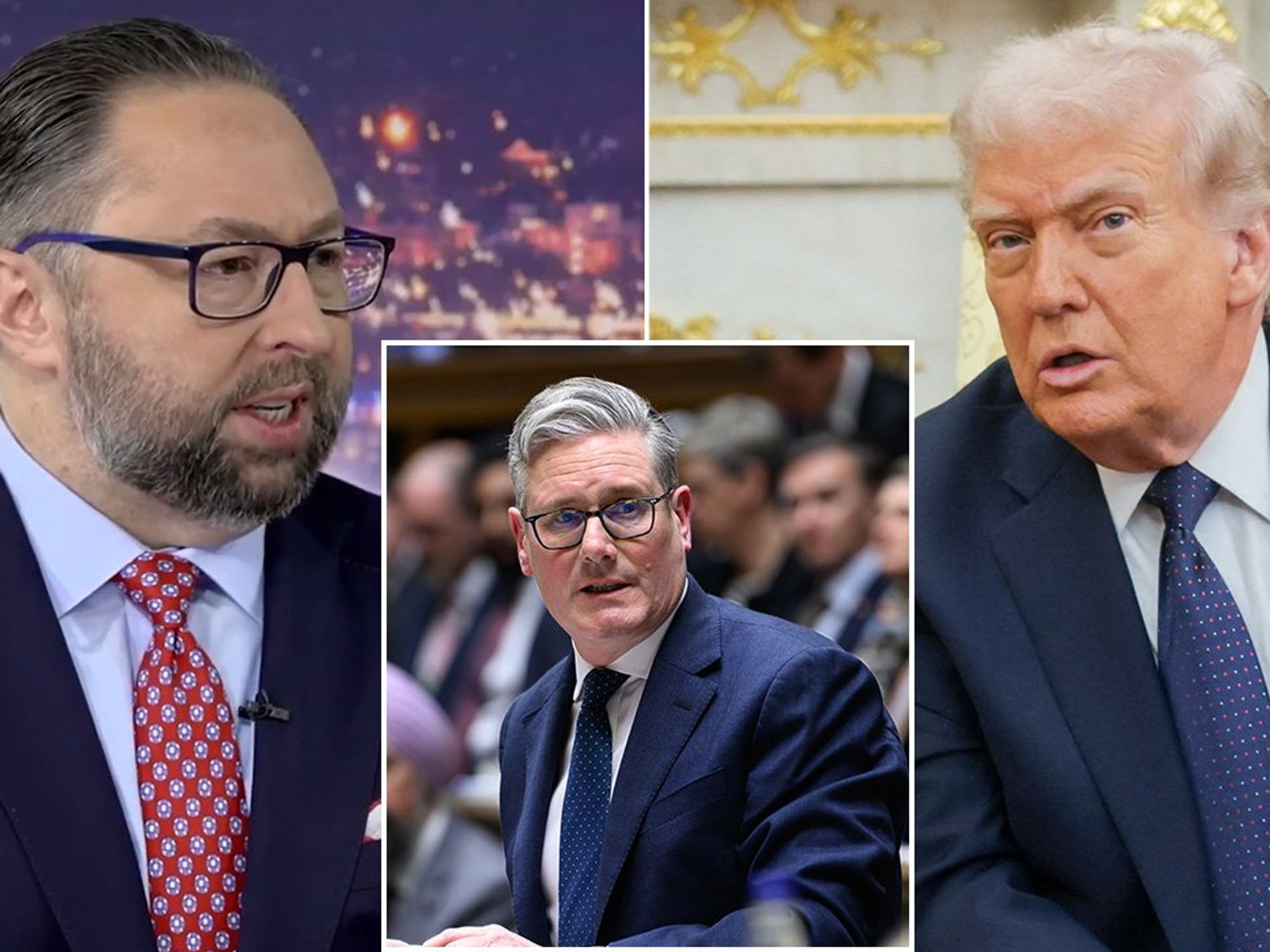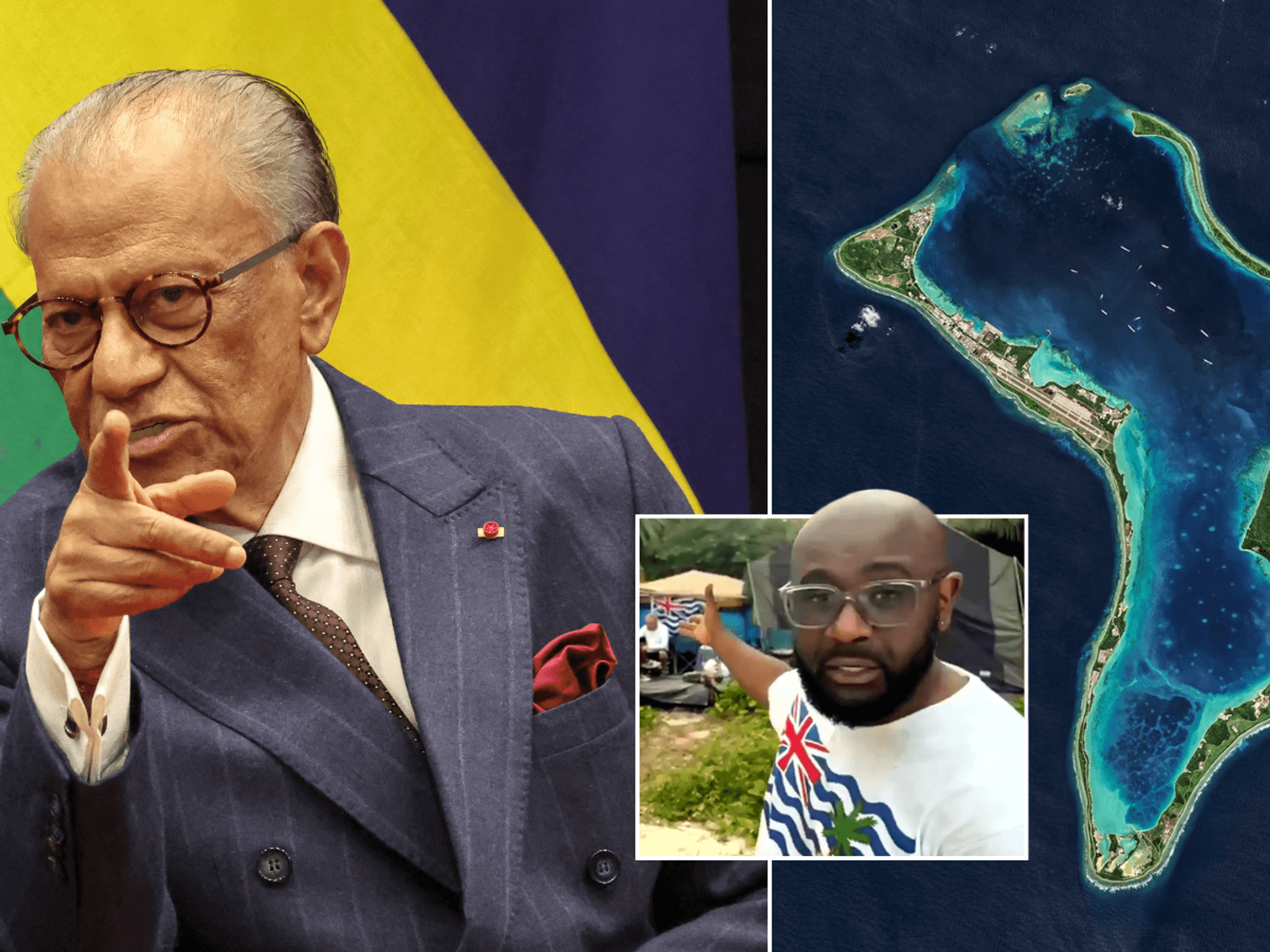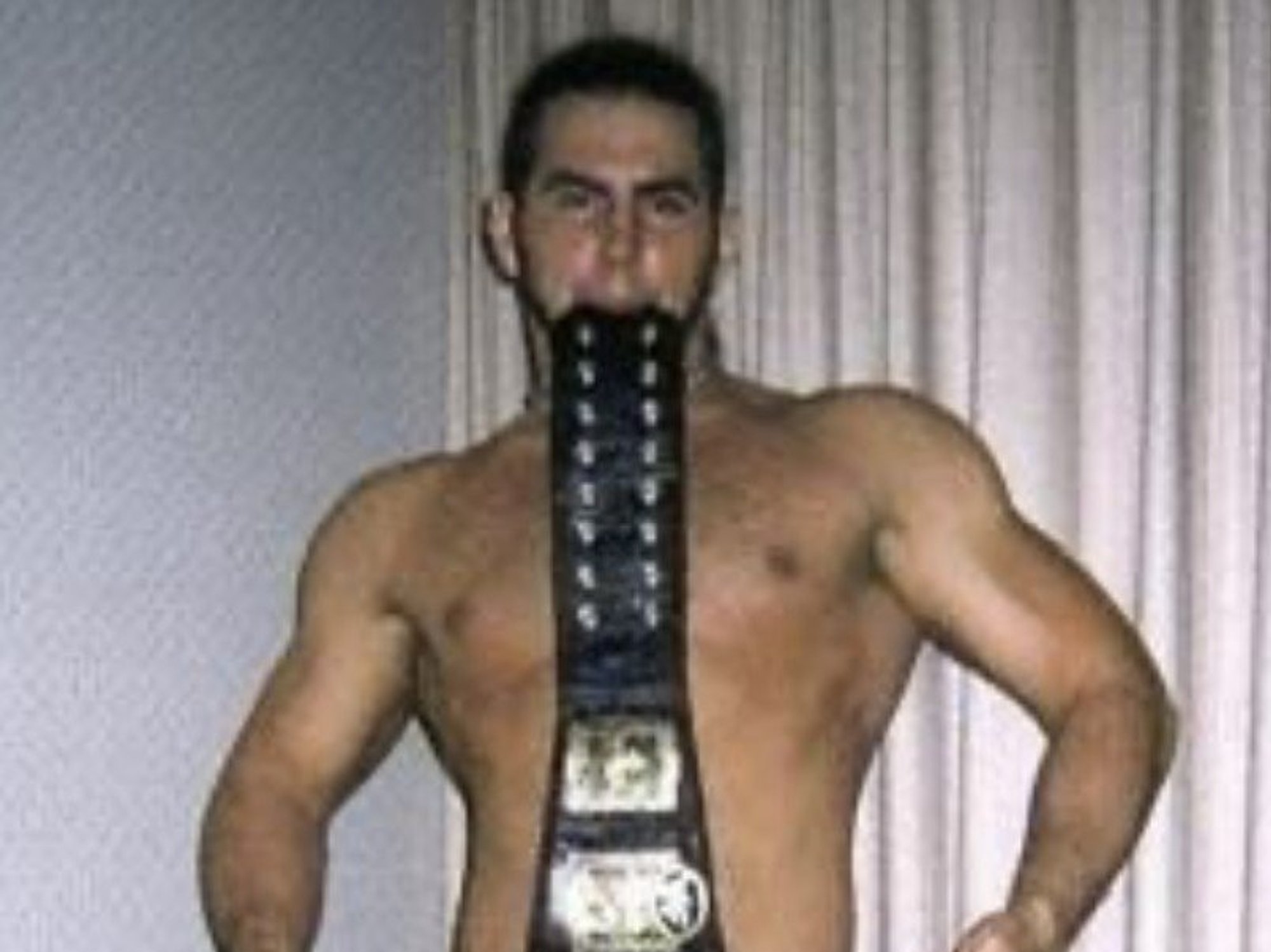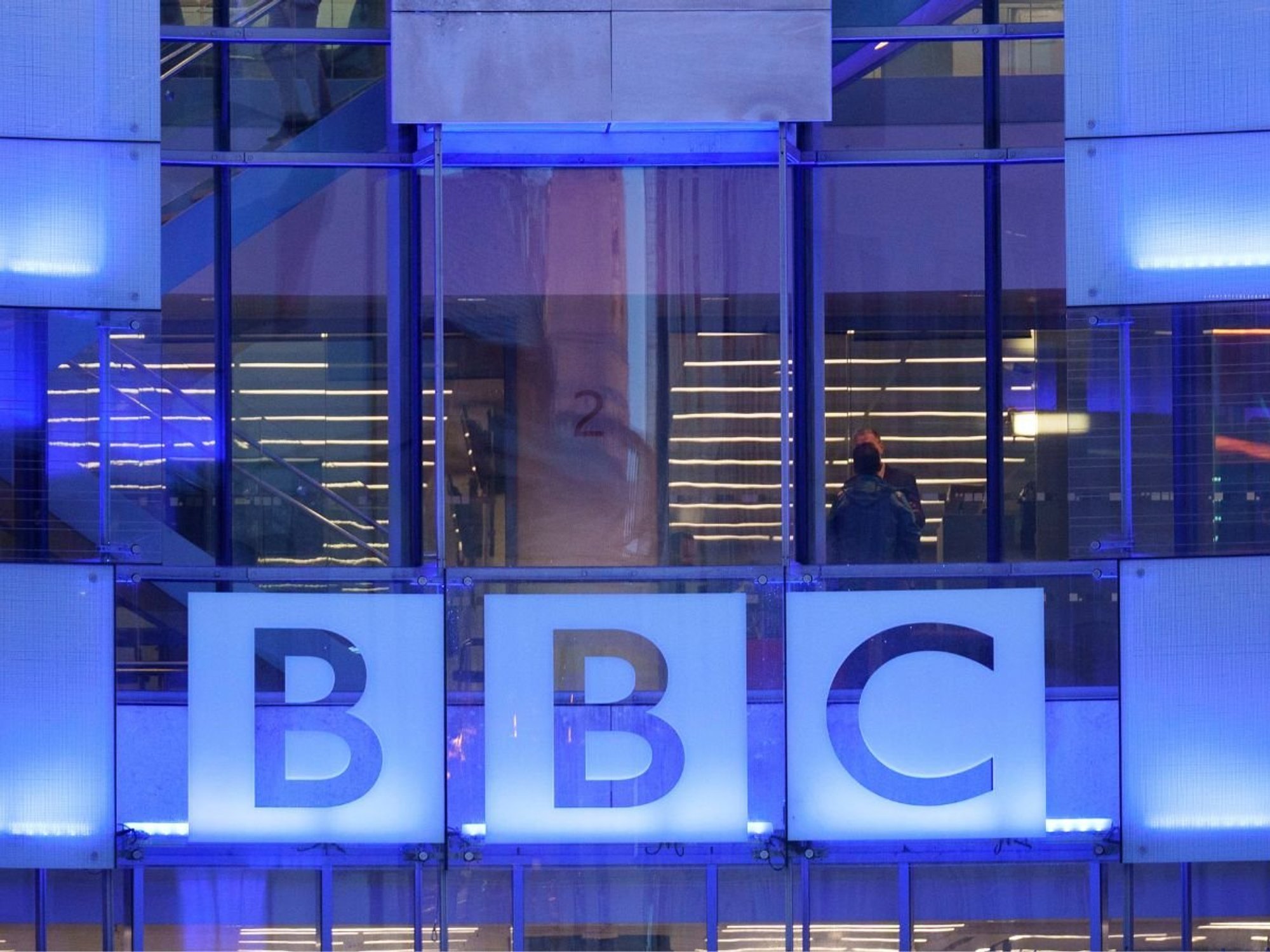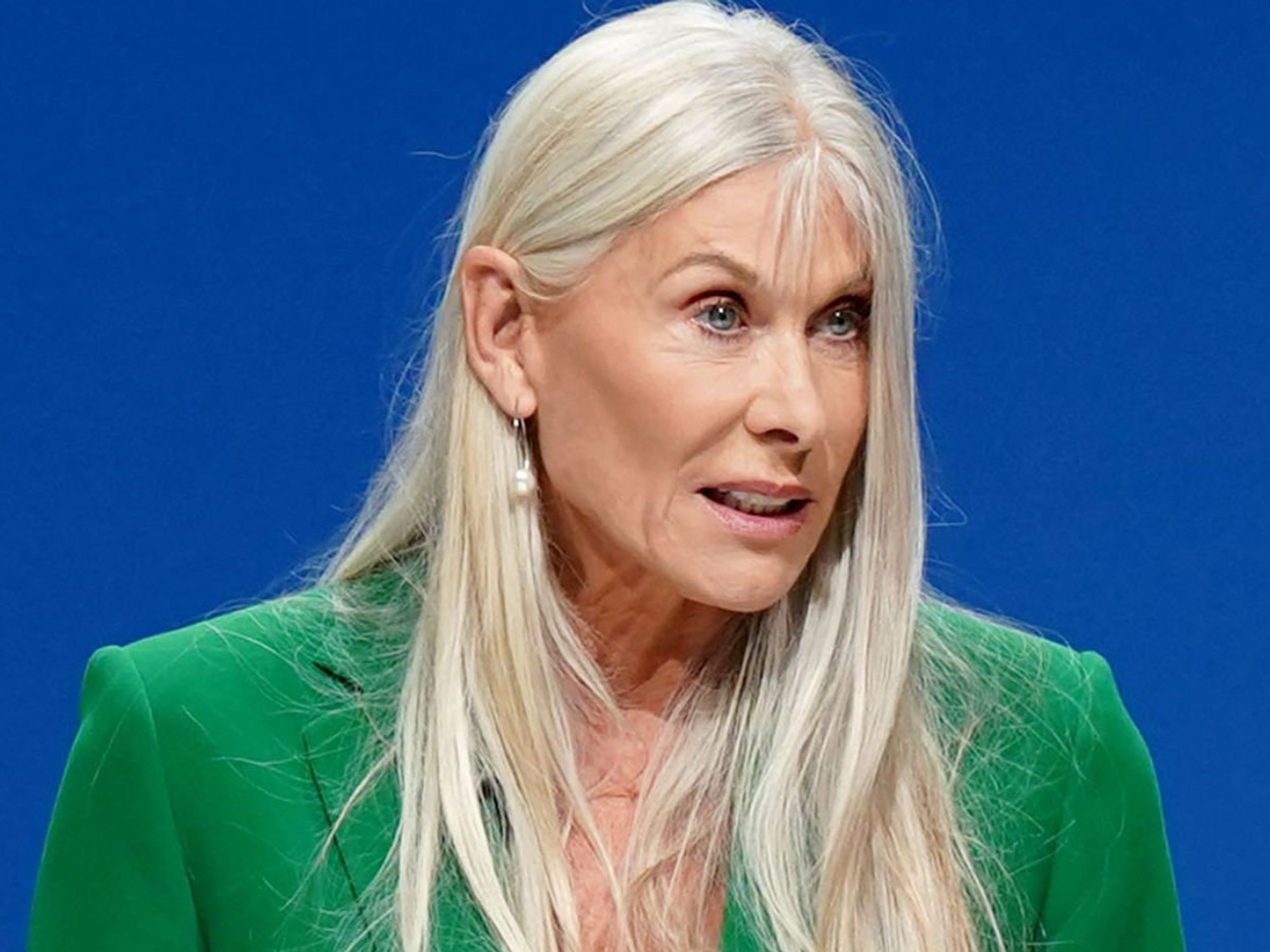'We are the founding country of human rights', says Jacob Rees-Mogg
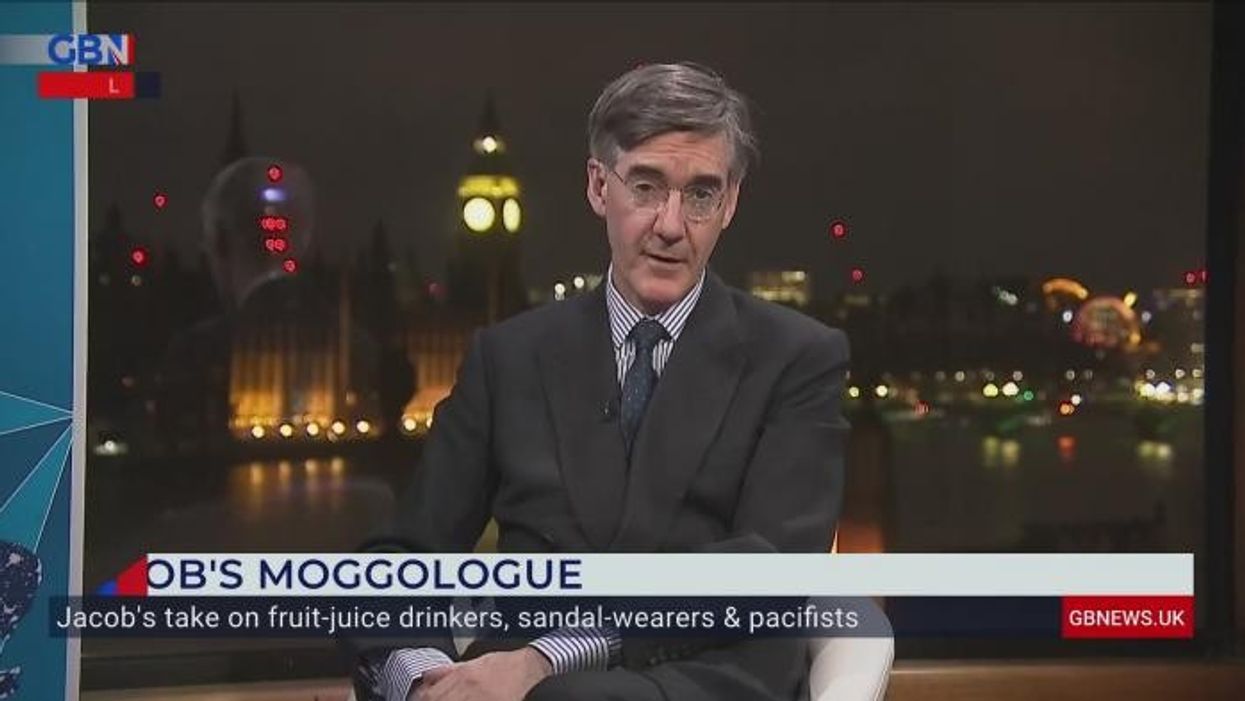
Mogg mono 28th March |

Jacob Rees-Mogg MP refutes Amnesty International's condemnation of the UK's record on human rights.
Don't Miss
Most Read
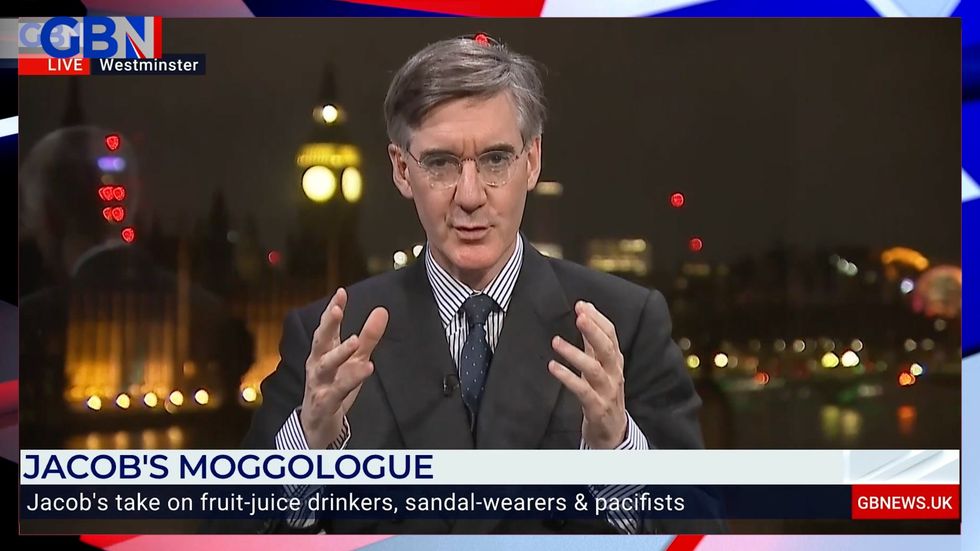
To paraphrase George Orwell's Road to Wigan, Pier one sometimes get the impression that the mere words human rights draw towards them with magnetic force. Every fruit juice drinker, nudist sandal wearing and nature cure, quack pacifist and feminist. In England.
We've seen Oxfam decide that the English language isn't good enough and that they should rewrite it. Perhaps they'd prefer Russian. And now Amnesty has decided that human rights are at greater risk in the UK and if you look at the front page of their website, it's all about what we get wrong and nothing about other countries. And apparently the UK is becoming a negative force for human rights on the world stage. This is the most unutterable nonsense. England, Great Britain, the United Kingdom, through her long and distinguished history, has been an extraordinary force for human rights.
How many people know that the Normans, when they conquered, actually got rid of the slave trade that the Anglo Saxons had? In 1215, with Magna Carta we introduced the principle of trial by jury, the freedom of the church, the church in England shall be free, is the first opening clause of the Magna Carta.
The act of Tillage in 1297. That means that taxation must be approved by Parliament. This is a quite extraordinary act. In other countries it's inconceivable that tax shouldn't be at the whim, at the will of the monarch. We make it by Parliament, by consent of the nation in 1297, and the act of Tallage is still the law of the land. Habeas corpus jumping forward a few 100 years, 1685 but habeas corpus was a confirmation of rights, the right that you could not be held unjustly without reference to a court. Now in 1789 the French was still dealing with the ability of the French king to lock people up without any risk of habeas corpus to get them free.
1688 we have the Bill of Rights. That means speech in Parliament is free. Still free today and then we have freedom of the press from the lapse of the licensing order in 1694. We have the opening up of the franchise in 1832 and 1867.
We are the founding country of human rights. It is said that England is the mother of Parliament and this has continued throughout the 20th century where we have not only had our rights but we've spread them globally and that's the crucial part. That we decided what our rights were very early on. We even develop a theory of them very early on. Sir John Fortescue in the late 15th century sets out the key point that the King of England is king under the law, whereas the King of France is the law. And not only do we do this for our own country, but we spread it to the world. We give it to our empire. Look at the American
Constitution, the freedoms in the American constitution drawn from ours, an attempt to perfect the British Constitution. We provide the rule of law, democracy, efficient administration. We stop warring tribes. We have this extraordinary imperial story that brings human rights to the world. That is our contribution. And indeed, it used to be Amnesty's contribution, because that's what amnesty used to do before it decided to go in for this self-abasement. It seems to want open borders, people gluing themselves to motorways and Russian judges allegedly blocking our legislation. We asked Amnesty if they'd like to defend themselves. They employed 2500 people, that's what your money is used for. Large employment scheme at amnesty. Not one of them could come on defend why they criticise the UK more than they criticise China, the communist totalitarian Chinese. But of course I want to know what you all think?






